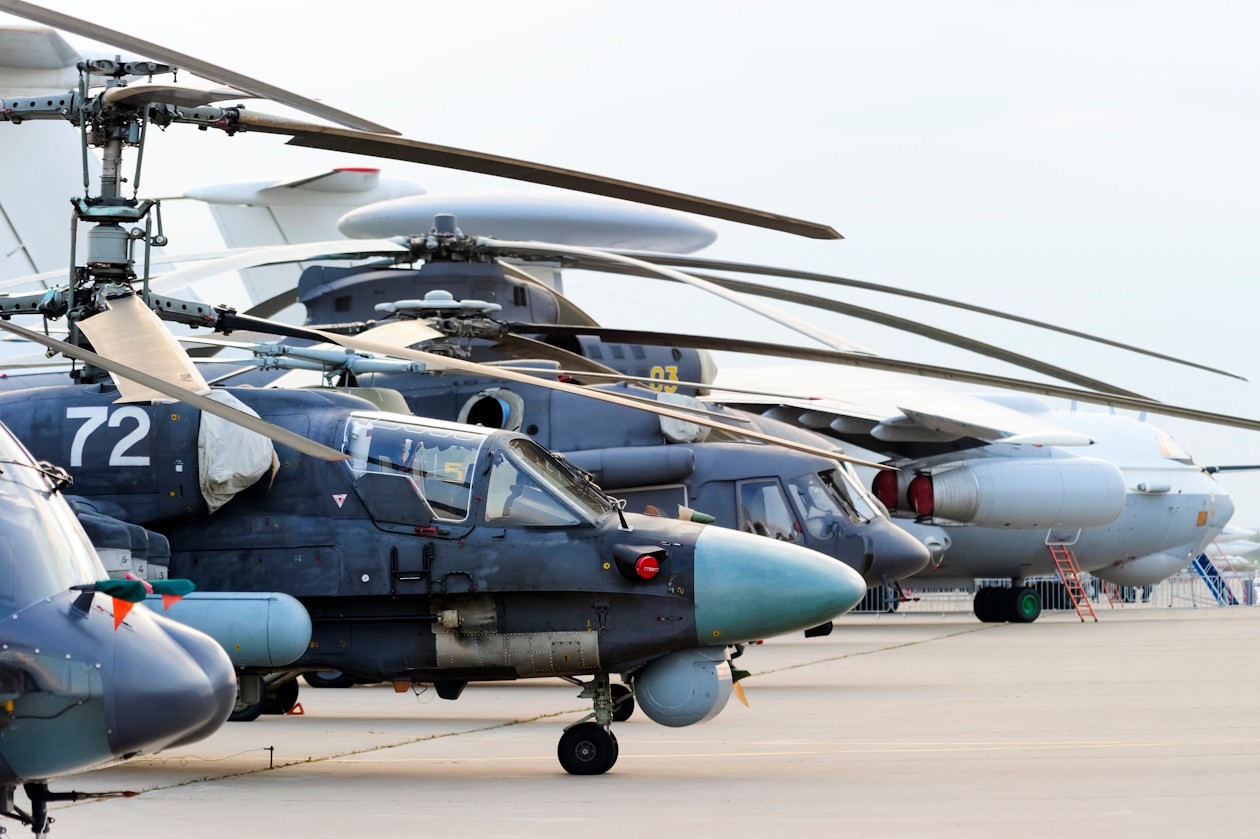Defence Secretary John Healey insisted he was “100% confident” that military funding would increase as promised to prepare the armed forces for the future.
The Strategic Defence Review recommended sweeping changes, including a greater focus on new technology including drones and artificial intelligence based on rising budgets.
The Government has committed to increase spending to 2.5% of gross domestic product from April 2027 but only has an “ambition” to reach 3% during the next parliament, which is due to end by around 2034.
The authors of the review have suggested reaching that 3% target is vital to delivering their recommendations while US President Donald Trump has pushed for Nato allies to spend 5%.
Mr Healey denied he was gambling on economic growth to meet his target, telling BBC Breakfast: “I’m 100% confident that we’ll hit that 3%.
“The important thing for now is what we can do, and we can do now more than we’ve been able to do before, because of an extra £5 billion the Chancellor has put in to the defence budget this year and the 2.5% that we will deliver three years earlier than anyone expected.
“It means that a £60 billion budget this year will rise throughout this parliament and beyond.”
The Ministry of Defence announced a £5 billion investment in the “kit of the future” following the publication of the review on Monday.
The funding includes £4 billion for drones and autonomous systems, and an extra £1 billion for lasers to protect British ships and soldiers.
Mr Healey said the investment would provide “the most significant advance in UK defence technology in decades” and “ensure our armed forces have the cutting-edge capabilities they need to meet the challenges of a rapidly changing world”.
Part of the investment will see the establishment of a new “drone centre” to accelerate the deployment of the technology by all three branches of the armed forces.
The focus on drones comes as the technology has proved increasingly lethal on the battlefield in Ukraine, where it now kills more people than traditional artillery.
At a meeting of allied defence ministers in April, Mr Healey said the UK estimated drones were inflicting 70-80% of battlefield casualties, while on Sunday Ukraine launched a major attack on Russian airfields deep behind the front line using a fleet of small drones.
In addition to investment in drones and AI, the Government has announced an additional £1 billion for the development of “directed energy weapons” (DEWs) during the current parliament.
This includes the DragonFire laser scheduled to be fitted to the Royal Navy’s Type 45 destroyers from 2027, with a similar system provided for the Army by the end of the decade.
DragonFire and other DEWs are intended to provide a lower-cost form of air defence against targets including drones, costing just £10 per shot compared with the thousands of pounds it costs to fire existing weapons.
This article was written by Christopher McKeon, Pa and David Hughes from Press Association and was legally licensed through the DiveMarketplace by Industry Dive. Please direct all licensing questions to legal@industrydive.com.

